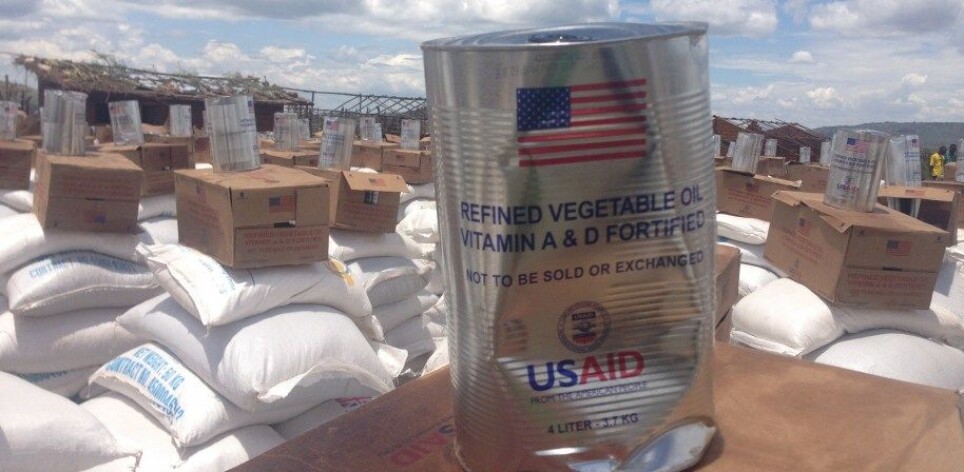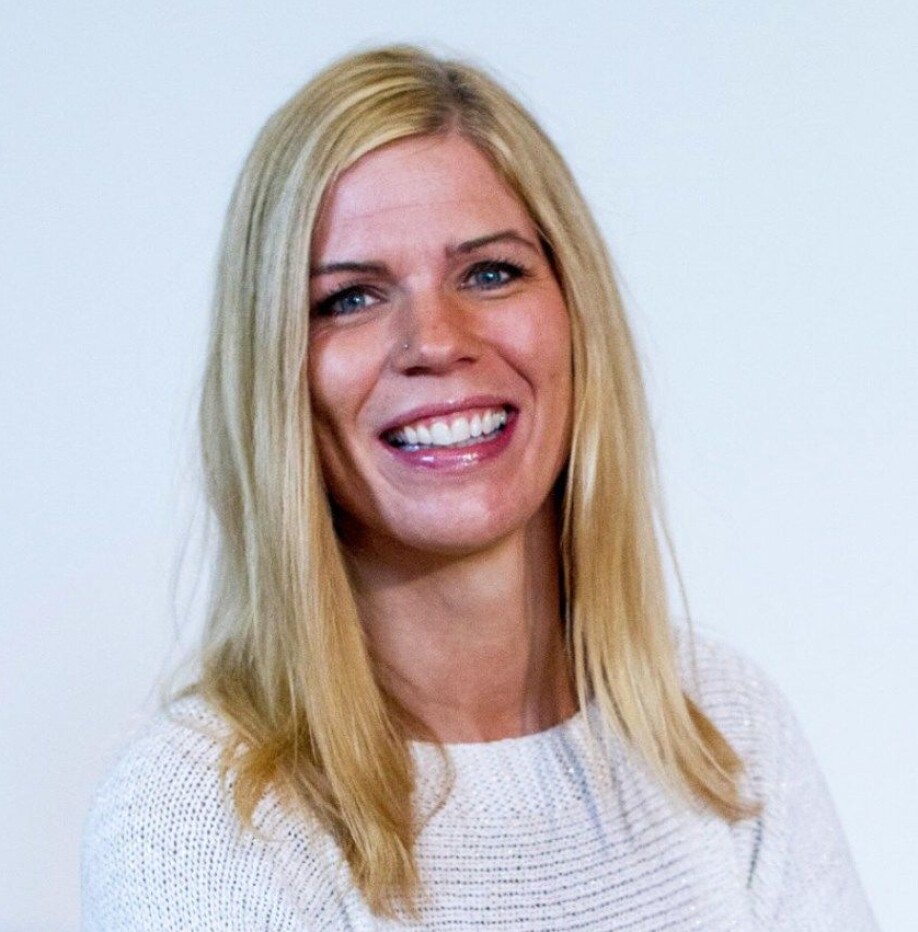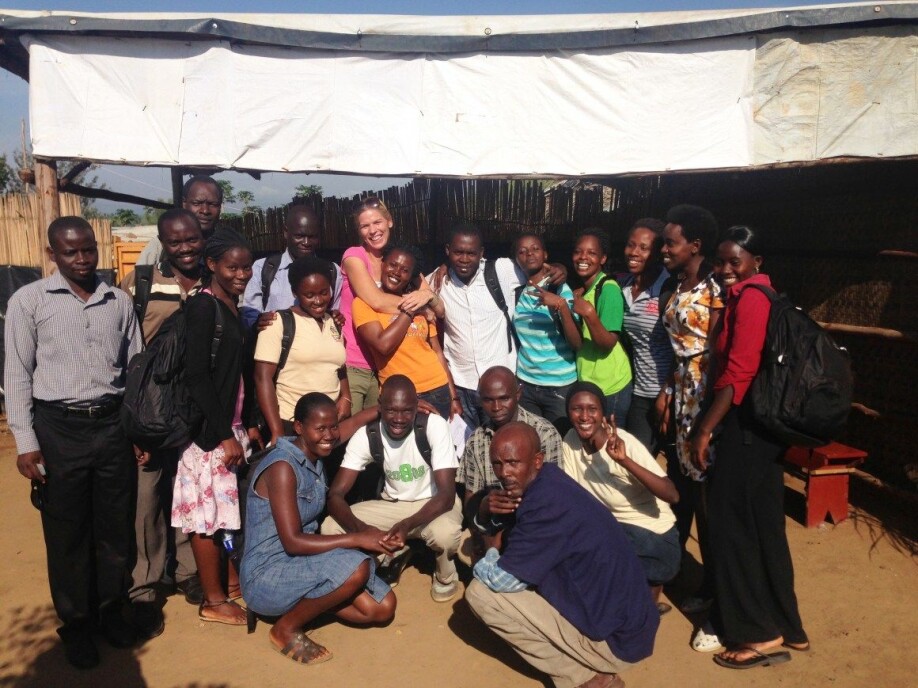THIS ARTICLE/PRESS RELEASE IS PAID FOR AND PRESENTED BY the Norwegian University of Life Sciences (NMBU) - read more

Host populations often compete with refugees for scarce resources in poor countries
Today, more than 80 percent of refugees are hosted in developing countries resulting in competition for basic resources. More sustainable solutions are needed, concludes new study.
The global burden of displaced people falls on poor countries. Today, more than 80 percent of refugees and internally displaced populations have found shelter in a developing country, meaning that they often reside among populations that also live in impoverished circumstances.
This increases competition for scarce resources and challenges the hospitality of the hosts towards refugees to a new area.
Bjørkhaug examined the relationship between refugees and host populations in three African refugee settings: the Ivorian refugees in Liberia, the Nakivale Refugee Settlement in southwestern Uganda, and the internally displaced population in Northern Uganda.

The findings suggest that when refugees enter the scene in these three African settings, a comprehensive humanitarian regime is activated that provides the refugees with resources and rights that can sometimes position them to compete with the host population for resources.
Refugees enter labour markets and compete for employment in the host area
Bjørkhaug found that, whilst host populations initially welcome the refugees with empathy for what they have endured, the relationships are challenged as the refugee situation becomes protracted. In such protracted refugee situations, humanitarian aid is reduced. This pressures refugees to find livelihood opportunities within the local communities, which can exacerbate the competition for scarce resources.
Refugees and host populations collaborate against inadequate regimes and policies
The research revealed that, despite this intense competition for resources, social cohesion and collaboration can also exist between the refugees and the host population. Refugees and host populations often direct their frustration towards the regimes and policies that put them in this difficult situation in the first place.
This study therefore calls for new policies that can provide sustainable solutions for host populations as well as for the refugees in a displacement context.
These findings are timely in a political climate with much debate on how to handle the plight of refugees, not only in developing countries but also in the West, including Europe. The so-called refugee crisis in 2015 has brought new discussions on refugee policies, with a focus on the areas that are particularly challenged by large influxes of refugees.
Providing refugees with access to land shapes conflict in Uganda
Uganda is currently hosting 1.4 million refugees from the entire region. The country has been hailed for its welcoming policy, and in particular for its provision of access to land for refugees. Bjørkhaug questions the sustainability of this approach, with the influx of refugees continuing to pressure local livelihood opportunities, creating a source of conflict between refugee and local host populations on the issue of land rights.
Bjørkhaug found cases of the host population having to work for refugees in Uganda’s Nakivale Refugee Settlement.
“I found that displacement is a complex web of relationships, where there were relative winners and permanent losers in the competition to find sustainable livelihoods,” explains Bjørkhaug. "For some people, life could be a matter of survival, whereas other people could benefit from the new economic structure provided by displacement. People who gain or lose in this competition were actors from the refugee population as well as the host population. In Uganda's Nakivale Refugee Settlement, for instance, some of the poorer host population worked for the refugees to survive.”
“The plantations are down. We are working for the refugees for [1 USD] per day. Sometimes they pay us by cassava,” a Ugandan national told Bjørkhaug in reference to the Nakivale Refugee Settlement. “We work from 7:00 a.m. until 1:00 p.m. Our lives have changed seriously. Before, our children used to go to school; now, we work for the refugees to get food. We might be better off, and life might improve, after the next harvesting season, even if some of it [land] is given to the refugees.”

More sustainable solutions needed
The research has provided new empirical evidence to the existing literature on displacement economies, livelihood strategies, and the interactions between refugees and local communities in areas affected by an influx of refugees.
Bjørkhaug calls for more sustainable solutions for helping displaced people that reduce the burden on already struggling host populations, and that minimise the risk of introducing new conflicts over local resources.
“The findings of my research are likely to be exacerbated in the aftermath of the Covid-19 crisis, which might intensify competition for resources,” Bjørkhaug adds. “The trend of increased forced displacement and the failure to find long-lasting solutions for refugees is alarming.”
Reference:
Ingunn Bjørkhaug: Revisiting the Refugee–Host Relationship in Nakivale Refugee Settlement: A Dialogue with the Oxford Refugee Studies Centre. Journal on Migration and Human Security, 2020.
See more content from NMBU:
-
Shopping centres contribute to better health and quality of life
-
We're eating more cashew nuts – and the consequences are serious
-
Do young people with immigrant parents have better health?
-
Who’s picking your strawberries this summer?
-
Can coffee grounds and eggshells be turned into fuel?
-
Rising housing costs fuel inequality in Norway





































